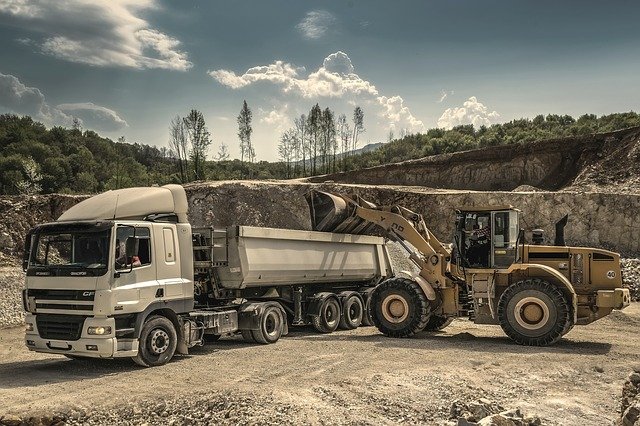
Jan 11 Are acquisitions and economies of scale in the transport sector an advantage?
More than 14,000 companies are active in the transport sector. Takeovers and mergers take place regularly. The motivation from business operations is often related to cost savings and economies of scale. In addition, transports can be combined, which can contribute to the efficiency of the company. These factors can contribute to the growth of a company, but what about the customers? Do they also benefit from economies of scale in terms of costs, communication and service?
Benefits of mergers in the transportation sector
The transport sector is a sector in which efficiency is an important part of business operations. After all, when transporting with half loads, the benefits will hardly outweigh the costs. If two transporters have the same sales area, they can choose to join forces. The two previously mentioned half loads can then be combined. This efficiency boost will also make it easier for transport companies to comply with increasingly strict emission standards, because more freight is transported for fewer kilometers.
Cost efficiency increases by:
- Administrative benefits
- Through a larger market share
- Lower operating costs
- A stronger competitive position
- The industry know-how and positioning
- Less maintenance costs
- Reducing the workforce
- By merging workspaces
- Through purchasing advantages
- Improve profitability and EPS
These benefits benefit the company itself, but what about the customers of a transport company? Will the service level remain the same and will a merger not be at the expense of flexibility?
Disadvantages of takeovers and mergers in the transport sector
When a merger takes place, there is often an efficiency gain. The processes will be optimized, which in practice often means that there is less time for customers as individuals. If the companies had four account managers before the merger and this is reduced to two, for example, then only half the time remains per customer. In addition, a merger may provide less flexibility in fulfilling last-minute transport requests. After all, if the aim is to load every 100% truck, there will be no room left for incidental transports. Another disadvantage may be that the new company will give priority to larger customers. This can be disadvantageous for smaller customers and in some cases even lead to price increases instead of reductions.
Conclusion takeovers and mergers in the logistics sector.
Although transport companies themselves often benefit from mergers and acquisitions, this does not always apply to their customers. If you, as a customer, occasionally want to have a small to medium-sized transport carried out, the larger transport companies can refuse this because they give priority to larger customers. In addition, you may lose your trusted account manager due to a merger as a result of a reorganization. So if your logistics partner is about to merge or be taken over, it is good to consider what consequences this will have for you as a customer.


